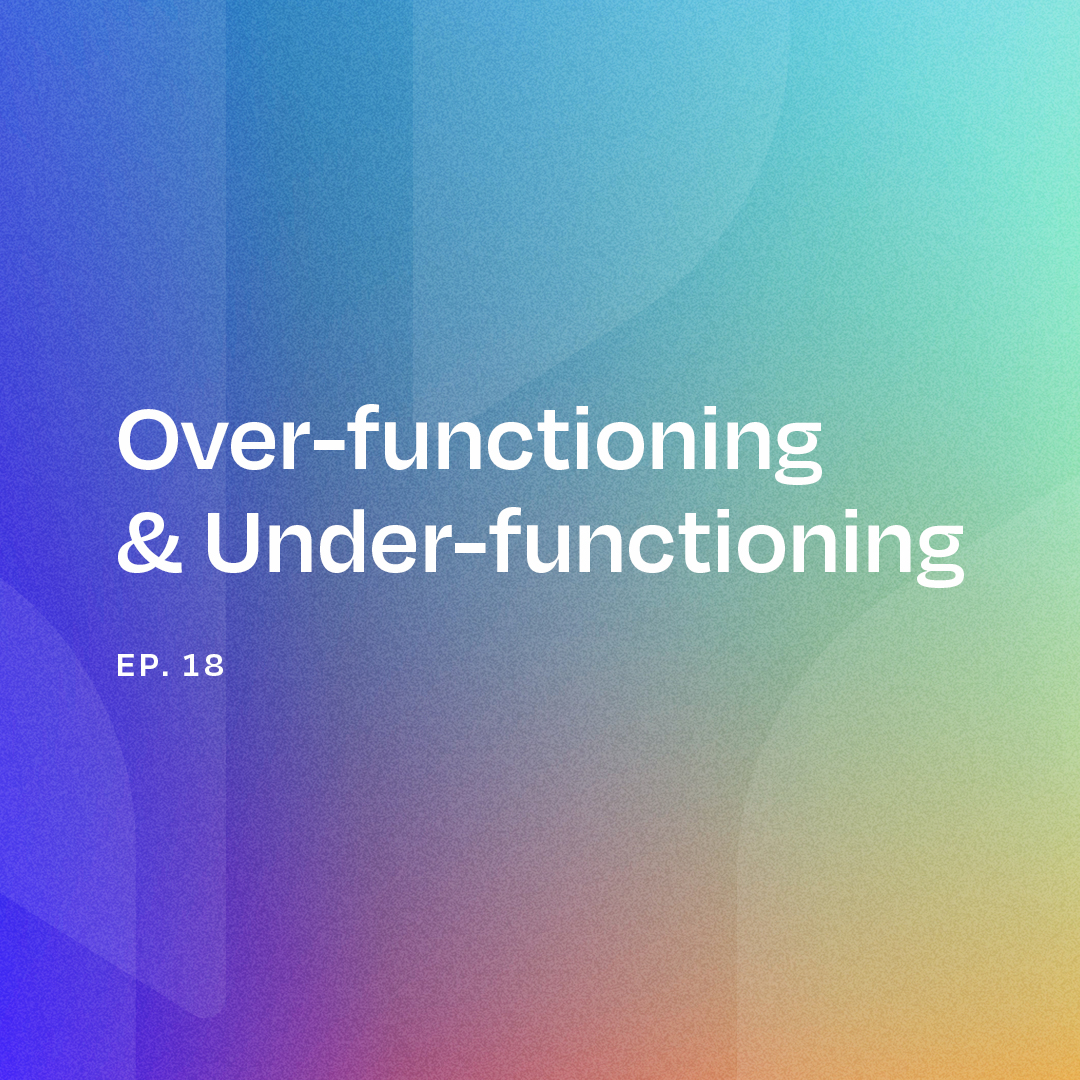
What if you could navigate life and relationships with ease, exhibiting a high emotional quotient akin to that of Jesus? Imagine the impact of bringing such emotional maturity into your daily interactions, your parenting style, your friendships, and every other aspect of life. Join us as we embark on an in-depth exploration of this significant element of discipleship while shedding light on the disruptive role anxiety plays.
We've all been there - caught in the relentless cycle of over-functioning, driven by our need for validation and fear of failure, leading to exhaustion, bitterness, and resentment. We'll guide you in recognizing this behavioral pattern and how it may be infiltrating your life. More importantly, we present strategies for self-awareness and humility to shift your response from anxiety-driven to one of genuine care. The impact of over-functioning and under-functioning on relationships can create a power imbalance; we'll share Jesus' guidance on setting boundaries, refusing to carry the emotional weight of others' thoughts and feelings.
Communication is key - being open and honest can make all the difference. We believe these conversations, hard as they may be, are necessary for personal growth and healthy relationships. So, we invite you to journey with us, growing in emotional maturity and equipping yourself to better navigate life's challenges.